Ⓒ 2023 Kyligence, Inc. All rights reserved.

Introduction
In the world of software engineering, metrics play a crucial role in measuring project success and ensuring the effectiveness of development processes. Software engineering metrics are essential tools that provide valuable insights into the health and progress of a software project.
By tracking and analyzing these metrics, teams can make informed decisions, identify areas for improvement, and ultimately deliver better software. Whether it's measuring productivity, quality assurance, or code complexity, these metrics serve as engineering performance indicators that contribute to successful project outcomes.
In this blog, we will explore the importance of software engineering metrics and highlight five essential metrics that no software engineer or project manager can afford to ignore.
Understanding Software Engineering Metrics
Software engineering metrics are essential for measuring project success and improving development processes. These metrics provide valuable insights into the health and progress of a software project, and allow teams to make informed decisions and identify areas for improvement.
Importance of Software Engineering Metrics
Metrics are essential indicators of engineering performance, providing valuable insights into the overall progress of a project. By tracking software engineering metrics, teams can assess the effectiveness of their development processes, measure project achievements, and ensure successful outcomes.
These metrics provide objective data that can be used to evaluate the progress of a project, identify bottlenecks or inefficiencies, and make necessary adjustments to improve productivity.
Benefits of Tracking Metrics
Tracking software engineering metrics offers several benefits to software engineers and project managers:
Improved Productivity and Efficiency: Metrics such as lead time for changes and deployment frequency allow teams to monitor how quickly they can deliver changes or new features. By analyzing these metrics, teams can identify areas where efficiency can be improved, streamline processes, and ultimately increase productivity.
Enhanced Quality Assurance and Reduced Errors: Metrics related to code complexity or commit complexity provide insights into the quality of the codebase. By monitoring these metrics, teams can detect potential issues early on, reduce errors in the codebase, and ensure higher-quality software.
5 Key Software Engineering Metrics to Track
To ensure the success of a software project, it is crucial to track and monitor key software engineering metrics. These metrics provide valuable insights into the productivity, quality assurance, and efficiency of the development process.
Let's explore five essential metrics that every software engineer and project manager should track.
Lead time for changes
Lead time for changes measures the time taken from the initiation of a change request to its deployment. By tracking this metric, teams can assess how quickly they can implement requested changes or new features. A shorter lead time indicates higher productivity and efficient task completion.
Deployment frequency
Deployment frequency refers to how often new code changes are deployed to production. This metric reflects the team's ability to deliver updates frequently. High deployment frequency demonstrates an agile development process with reliable functionality releases.
Commit complexity
Commit complexity measures the complexity of code changes made in each commit. It helps identify areas where code may be overly complex or difficult to maintain. By monitoring commit complexity, teams can focus on simplifying code and reducing defects.
Responsiveness
Responsiveness measures how quickly developers respond to issues or requests raised by stakeholders or end-users. Timely responses demonstrate effective communication and collaboration within the team, leading to improved customer satisfaction.
Reaction time
Reaction time measures how long it takes for developers to address reported defects or bugs in the software. A shorter reaction time indicates a more efficient defect resolution process, leading to higher reliability and better quality assurance.
Tracking these key software engineering metrics provides teams with valuable data on their performance and helps identify areas for improvement in productivity, quality assurance, efficiency, output, and task completion.
How to Measure Software Engineering Metrics?
Measuring software engineering metrics is essential for gaining valuable insights into project performance and progress. To effectively measure these metrics, it is important to follow the right approach and implement appropriate measurement techniques.
Choosing the Right Metrics
When selecting software engineering metrics to track, it is crucial to identify those that align with project goals and objectives. Consider the specific needs of your project and choose metrics that provide relevant information.
For example, if your goal is to improve code quality, metrics related to code complexity or defect density would be suitable. Additionally, consider the feasibility of measuring each metric based on available data sources and resources.
Implementing Measurement Techniques
To measure software engineering metrics accurately, it is recommended to use automated tools and software that can collect and analyze data efficiently. These tools help streamline the measurement process by automating data collection and providing insightful analysis.
Establish clear measurement processes and guidelines within your team to ensure consistency in data collection and interpretation. This includes defining how often measurements should be taken, who is responsible for collecting the data, and how it should be analyzed.
By leveraging appropriate measurement techniques, such as using analysis tools and establishing clear measurement processes, teams can effectively track software engineering metrics and gain valuable insights into their project's performance.
Conclusion
Software engineering metrics are crucial for measuring project success and improving development processes. By tracking and analyzing these metrics, teams can make informed decisions, identify areas for improvement, and ultimately deliver better software.
To streamline the measurement process and gain valuable data insights, consider using Kyligence, a powerful tool designed specifically for measuring software engineering metrics.
With Kyligence, you can easily collect and analyze data to gain deeper insights into your project's performance. Take advantage of this tool to enhance your decision-making process and drive successful project outcomes.
Try Kyligence free today!
